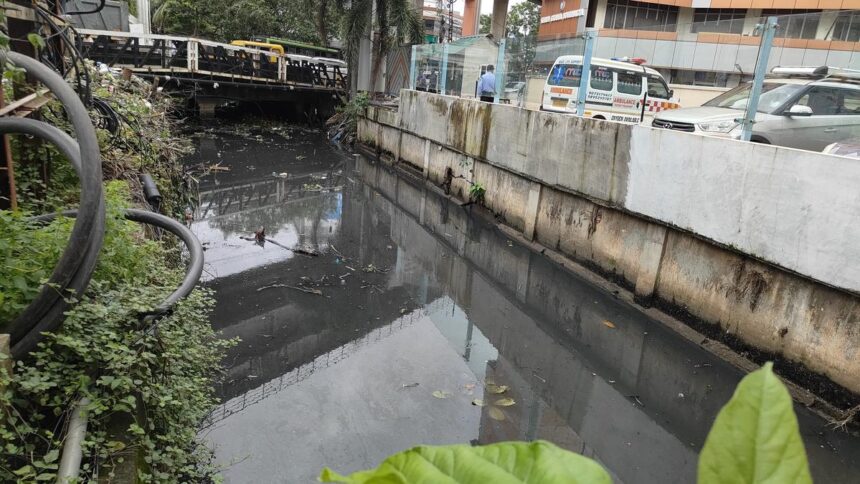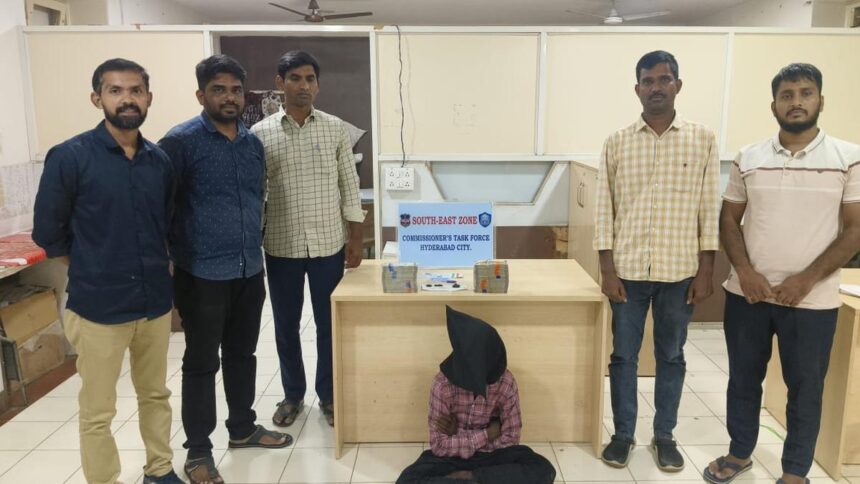Karnataka has 489 public electric vehicle (EV) charging stations installed along its 8,191-kilometre-long National Highway network, making it the State with the second highest number of highway EV chargers in India.
This puts Karnataka just behind Uttar Pradesh in the national rankings, as per a recent response from Union Minister for Road Transport and Highways Nitin Gadkari in the Rajya Sabha.
The data, shared in response to a question by MP Derek O’Brien, revealed that Uttar Pradesh tops the chart with 507 EV charging stations along highways. In third place is Maharashtra with 459 followed by Tamil Nadu, which has 456, and Rajasthan, which has 424 charging points on highways.
According to the Union Minister, a total of 4,557 public EV charging stations have been installed across 146,342 km stretch of National Highway across India.
He clarified that the Union Government does not currently have any dedicated incentive scheme for Charging Point Operators (CPOs), in response to Mr. O’Brien’s question on incentives.
Urban EV infrastructure
While Karnataka holds a strong position nationally in terms of highway EV infrastructure, earlier data released by the Bureau of Energy Efficiency (BEE) highlights the State’s significant lead in urban EV infrastructure. As per BEE’s April 2025 data, Karnataka boasts of 5,880 public EV charging points, more than any other State, with 4,626 located in tier-1 cities, predominantly Bengaluru.
In comparison, Maharashtra has 2,454 stations, and Delhi has 1,951, all established over the past five years.
Beyond the capital city, Karnataka has made strides in expanding EV infrastructure to underserved areas. Tier-2 cities in the State now have 285 public charging stations, while tier-3 towns account for 969 chargers.
Nationwide, India now has 26,367 public charging stations, the BEE data reveals.
Officials from the Karnataka Energy Department attributed this rapid progress to a combination of rising fuel costs, deteriorating urban air quality, and proactive government policy.
“Karnataka was the first State to introduce a dedicated EV policy back in 2017, laying the foundation for the expansion we’re seeing today,” a senior energy official said. At the time of the policy’s launch, Karnataka was recording just around 11,000 EV registrations annually, according to official.
Initiatives on clean mobility sector
The 2025–26 State Budget, presented on March 7 this year, introduced initiatives to clean transportation. The budget included announcements for the establishment of a state-of-the-art EV testing track and an exclusive EV manufacturing and R&D hub in the Bengaluru region. The State has set an ambitious goal of attracting ₹50,000 crore in investments and generating one lakh new jobs in the clean mobility sector.
On the public transport front, the Karnataka Transport Department plans to deploy 14,750 electric buses as part of its electrification strategy. A Transport Department official said, “These will be introduced under schemes such as PM e-DRIVE, PM-eBus Sewa, and other Externally Aided Projects. Of this total, 9,000 buses are slated for inclusion in the Bangalore Metropolitan Transport Corporation (BMTC) fleet.”
Transport expert M.N. Srihari said the presence of charging stations along highways plays a crucial role in encouraging EV adoption. “Many long-distance travellers hesitate to invest in EVs because of the lack of charging options on highways. Most highways are still dominated by petrol and diesel stations. However, now I see more fuel stations integrating EV chargers, which is a positive trend,” he said.
He further stressed the need for the government and private players to now focus on improving interoperability, standardising tariffs, and providing real-time data on charger availability to enhance the consumer experience. “Expanding more EV charging stations on national highways, expansion to tier-2 and tier-3 cities, as well as interior roads, must be the next focus. For electric vehicles to go mainstream, charging stations must be as widespread and easy to locate as petrol pumps. Only then will people feel confident enough to make the switch,” Mr. Srihari added.
Published – August 04, 2025 12:25 pm IST




















